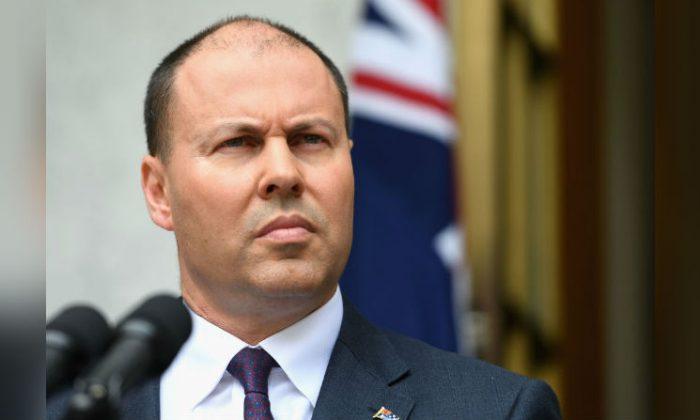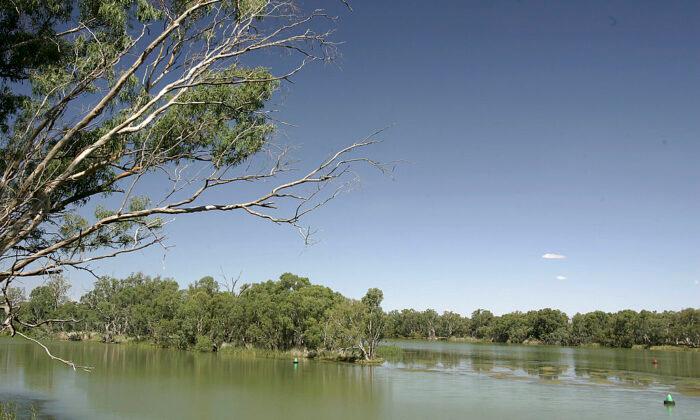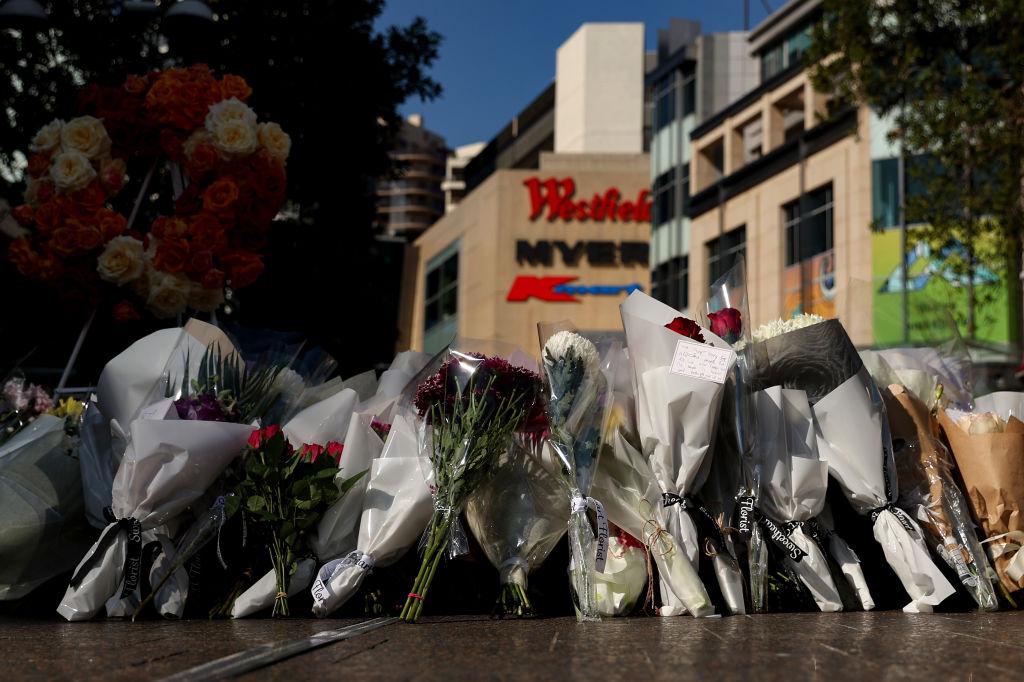Treasurer Josh Frydenberg is urging banks to pass on the full extent of the Reserve Bank’s historic interest rate cut to its customers.
The RBA cut the official cash rate by 25 basis points on June 4, which Frydenberg says should help mortgage holders.
It was hoped that a strong labour market would obviate the need for it to cut the cash rate from a record low 1.5 per cent, but another round of weak economic data—most notably an unexpected rise in the unemployment rate for April to 5.2 per cent—sealed the cut on Tuesday.
The Commonwealth Bank and NAB said they would pass the entire 25 basis point reduction.
However, ANZ said it would only reduce its variable mortgage rates by 18 basis points, while Westpac plans to reduce most variable home loan rates by 20 basis points, with its interest-only investors to get a reduction of 35 basis points.
Frydenberg told reporters it was a “legitimate expectation” that the banks, which had been taken to task by a royal commission for putting profits before people, pass on all of the rate cut.
“The combination of the tax cuts and today’s RBA decision could see a two-income family, for example a teacher and a tradie, each earning $60,000 a year, with a $400,000 mortgage almost $3,000 a year better off as a household,” Frydenberg said.
Reserve Bank governor Philip Lowe, who last month admitted a rate cut was on the table ahead after the board held fast amid the federal election campaign, said Tuesday’s move should help speed a reduction in the jobless rate.
It will “support employment growth and provide greater confidence that inflation will be consistent with the medium-term target,” he said.
APAC economist at Indeed.com, Callum Pickering, said consistently low inflation had ultimately forced the RBA’s hand.
“Low inflation does not occur by accident ... It is a sign of deep underlying concerns across the Australian economy,” Pickering said. “(It hints at) a lack of domestic demand, concerns over the capacity of households to spend and invest, particularly with falling property prices.”
BIS Oxford economist Sarah Hunter said the RBA was likely to cut again in August as it adjusts monetary policy in to hit inflation targets over time.
“And with global conditions deteriorating markedly and the U.S. heading for a sharper than anticipated slowdown ... we think it’s likely that (the RBA) will cut for a third time this year in November,” she said.
Frydenberg said the Australian economy was facing significant challenges both internationally and domestically.
“Escalating trade tensions are contributing to growing uncertainty in the global economic outlook and the impact of flood and drought and fires and a softening housing market have weighed on the economic outlook here at home,” he said, adding that is why Parliament should pass the government’s tax cut plan in full when it heads back to work in July and support the work underway on infrastructure and skills.
Shadow treasurer Jim Chalmers said the “wages crisis” was a key reason for the cut.
He quoted the RBA as saying: “The main domestic uncertainty continues to be the outlook for household consumption, which is being affected by a protracted period of low income growth and declining housing prices. Some pick-up in growth in household disposable income is expected, and this should support consumption.
He told reporters in Brisbane, “If only this government spent less time bagging Labor or pointing the finger at others and more time focused on the substantial weaknesses in the economy it wouldn’t be floundering as badly as it is today.”
Rural Finance Minister David Littleproud said banks should pass on the cut in full to farmers.
“The farmers who grow our food are struggling with drought and deserve the full rate cut to be passed through,” he said.
The rate, which reflects what the central bank charges commercial banks on overnight loans and influences other interest rates, has sat at a record low of 1.5 per cent since August 2016.






Friends Read Free